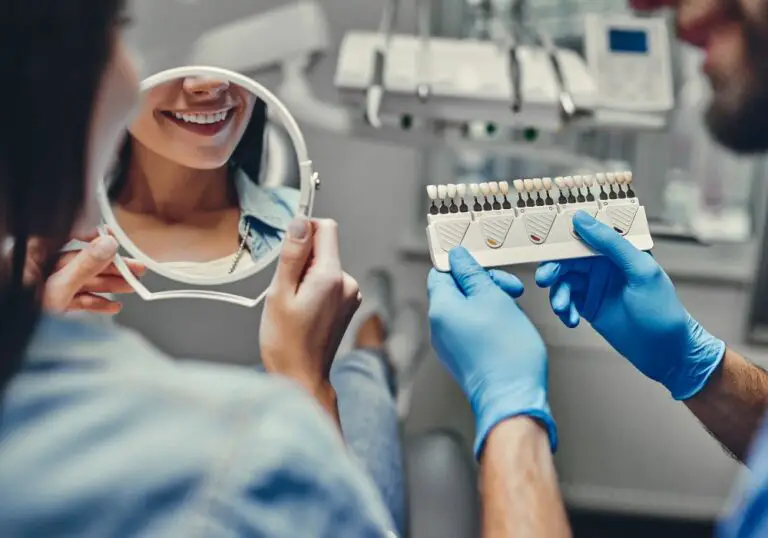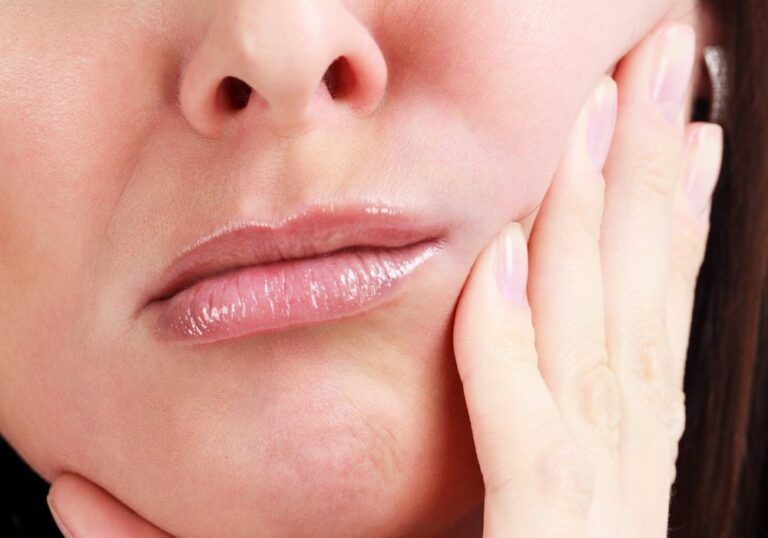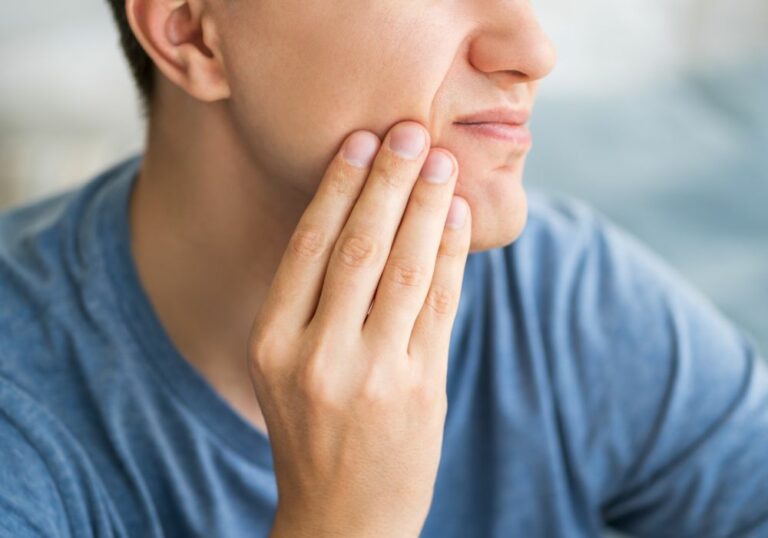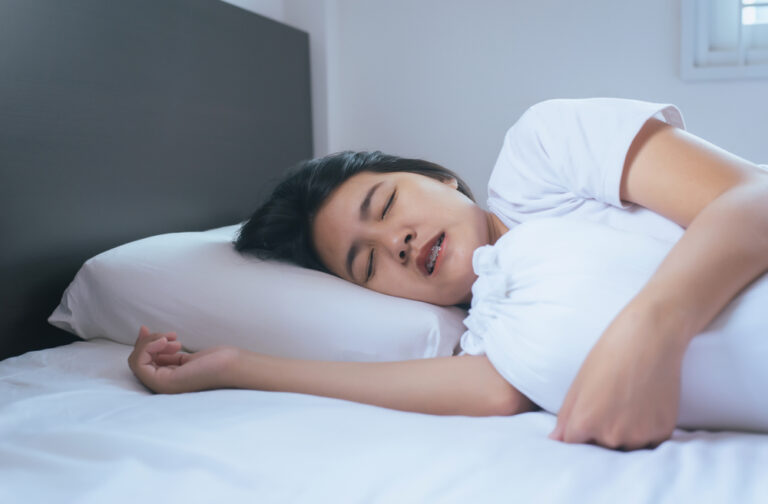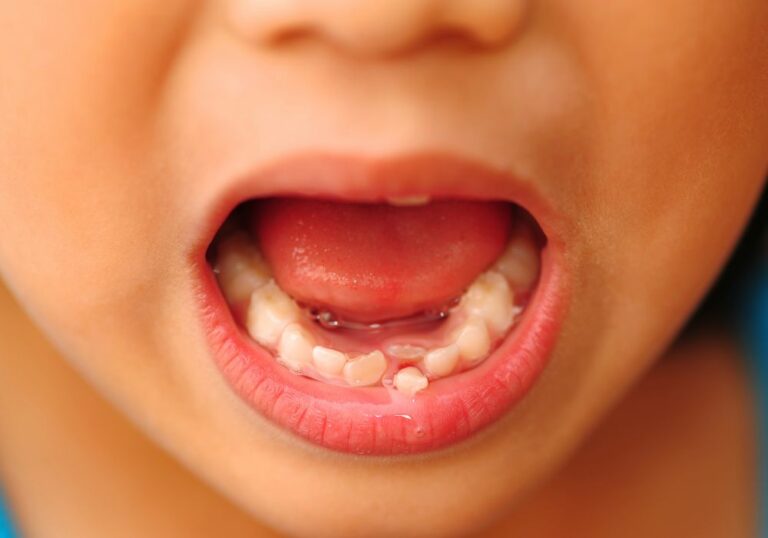Do you grind your teeth at night? Do you have ADHD? If you answered yes to both questions, you may be wondering if there is a connection between the two. While teeth grinding, also known as bruxism, is a common condition, research suggests that it may be more prevalent in individuals with ADHD.
Teeth grinding can cause a range of problems, from tooth damage to headaches and jaw pain. If you have ADHD, you may be more likely to grind your teeth due to difficulty regulating your emotions and managing stress. While the exact relationship between ADHD and teeth grinding is not fully understood, studies have shown a correlation between the two.
In this article, we will explore the possible connection between teeth grinding and ADHD. We will discuss the symptoms of bruxism, the symptoms of ADHD, and what research has to say about the link between the two conditions. We will also provide tips for managing teeth grinding and ADHD symptoms.
Understanding ADHD
What is ADHD?
ADHD stands for Attention Deficit Hyperactivity Disordevr. It is a neurodevelopmental disorder that affects both children and adults. ADHD is characterized by symptoms such as inattention, impulsivity, and hyperactivity.
Inattention refers to difficulty in focusing on tasks and activities, forgetfulness, and being easily distracted. Impulsivity is characterized by acting without thinking, interrupting others, and difficulty waiting for one’s turn. Hyperactivity refers to excessive movement, fidgeting, and restlessness.
ADHD is a complex disorder that can have a significant impact on a person’s life. It can affect academic and work performance, social relationships, and overall quality of life.
Symptoms of ADHD
The symptoms of ADHD can vary from person to person. Some people may have predominantly inattentive symptoms, while others may have predominantly hyperactive-impulsive symptoms.
Common symptoms of ADHD include:
- Difficulty sustaining attention on tasks or activities
- Forgetfulness and disorganization
- Impulsivity and acting without thinking
- Difficulty waiting for one’s turn
- Excessive talking and interrupting others
- Fidgeting and restlessness
- Difficulty with time management and completing tasks
- Poor academic or work performance
- Difficulty with social relationships
It is important to note that having some of these symptoms does not necessarily mean that a person has ADHD. A diagnosis of ADHD requires a comprehensive evaluation by a qualified healthcare professional.
In the next section, we will explore the relationship between ADHD and teeth grinding.
Teeth Grinding: A Closer Look

If you or your child has been diagnosed with ADHD, you may have noticed that teeth grinding (bruxism) is a common problem. In fact, research suggests that children with ADHD are more likely to grind their teeth than those without the condition. In this section, we’ll take a closer look at teeth grinding and its causes and effects.
Causes of Teeth Grinding
Teeth grinding can have many causes, including stress, anxiety, and sleep disorders. In people with ADHD, teeth grinding may be related to hyperactivity and impulsivity. When you’re feeling anxious or stressed, you may be more likely to grind your teeth without even realizing it. Additionally, some medications used to treat ADHD can cause teeth grinding as a side effect.
Effects of Teeth Grinding
Teeth grinding can have a number of negative effects on your oral health, including tooth wear, tooth sensitivity, and even tooth loss. It can also cause jaw pain, headaches, and earaches. Over time, teeth grinding can lead to temporomandibular joint (TMJ) disorder, a condition that affects the joint that connects your jawbone to your skull.
To prevent the negative effects of teeth grinding, it’s important to seek treatment. Your dentist may recommend a mouthguard to wear at night to protect your teeth from further damage. Additionally, reducing stress and anxiety through relaxation techniques or therapy can help reduce teeth grinding.
In conclusion, teeth grinding is a common problem among people with ADHD. It can have negative effects on your oral health and overall well-being, but it can be treated with the help of your dentist and mental health professionals.
Link between Teeth Grinding and ADHD
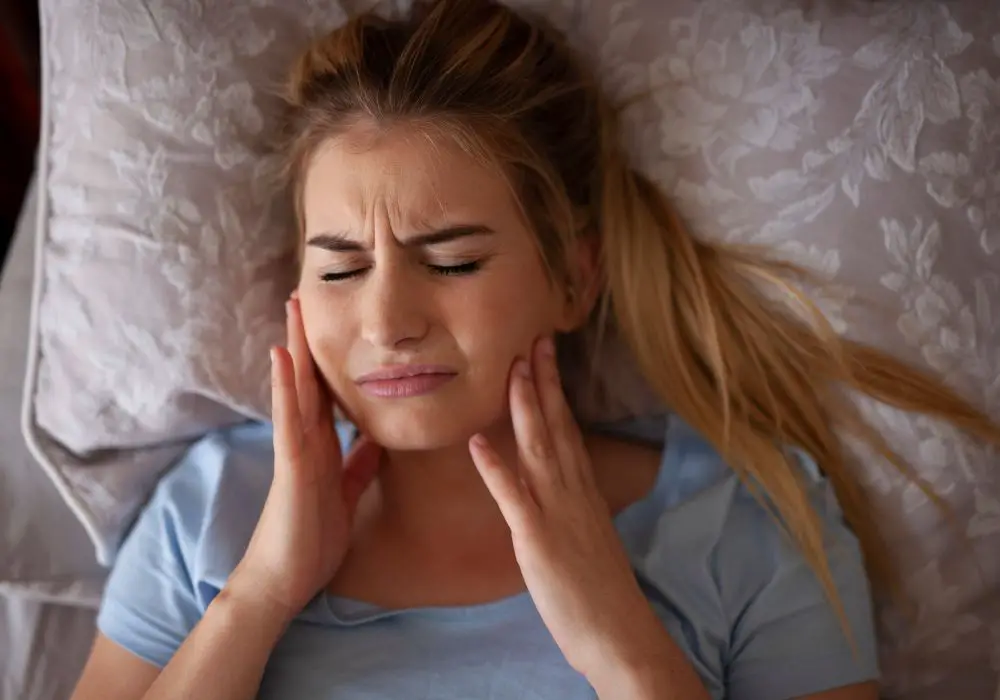
If you or your child has been diagnosed with ADHD, you may be surprised to learn that teeth grinding is a common symptom associated with this condition. In this section, we will explore the link between teeth grinding and ADHD, including research findings and possible explanations.
Research Findings
Studies have shown that children with ADHD are more likely to grind their teeth than children without the condition. One study found that up to 50% of children with ADHD also had bruxism (teeth grinding). Another study found that children with ADHD were more likely to grind their teeth during the night than during the day.
Possible Explanations
There are several possible explanations for the link between teeth grinding and ADHD. One theory is that teeth grinding is a form of self-stimulation, which is common in people with ADHD. This theory is supported by the fact that other self-stimulatory behaviors, such as rocking or humming, are also common in people with ADHD.
Another theory is that teeth grinding is a symptom of anxiety, which is also common in people with ADHD. Anxiety can cause muscle tension, which can lead to teeth grinding It is also possible that the medications used to treat ADHD can cause teeth grinding as a side effect.
In conclusion, there is a clear link between teeth grinding and ADHD. If you or your child has been diagnosed with ADHD and is experiencing teeth grinding, it is important to discuss this symptom with your healthcare provider. They can help you determine the best course of action to manage this symptom and improve overall quality of life.
Managing Teeth Grinding in ADHD
If you have ADHD and you also suffer from teeth grinding, there are a few things you can do to manage the condition. Here are some medical treatments and lifestyle changes that can help:
Medical Treatments
- Medication: Your doctor may prescribe medication to help manage your ADHD symptoms, which can also indirectly help with teeth grinding. Stimulant medications, such as Ritalin or Adderall, can help increase focus and reduce hyperactivity, which may help reduce stress and anxiety that can lead to teeth grinding.
- Mouthguards: A mouthguard can be worn at night to protect your teeth from grinding. These are available over-the-counter or can be custom-made by a dentist.
Lifestyle Changes
- Stress Reduction: Stress is a common trigger for teeth grinding, so finding ways to reduce stress can help. This can include exercise, meditation, or other relaxation techniques.
- Sleep Hygiene: Poor sleep can also contribute to teeth grinding. Make sure you are getting enough sleep each night and establish a regular sleep routine.
- Avoid Stimulants: Stimulants such as caffeine and nicotine can make teeth grinding worse. Try to limit your intake of these substances.
- Jaw Exercises: Strengthening the muscles in your jaw can help reduce teeth grinding. Your dentist or physical therapist can recommend exercises to help.
In conclusion, managing teeth grinding in ADHD involves a combination of medical treatments and lifestyle changes. By working with your doctor and making some adjustments to your daily routine, you can reduce the frequency and severity of teeth grinding and protect your teeth from damage.
Expert Opinions

Teeth grinding, or bruxism, is a common condition that affects both children and adults. Some studies suggest that teeth grinding may be more prevalent in individuals with ADHD. However, the relationship between ADHD and teeth grinding is not fully understood. Here’s what experts have to say about it:
According to Dr. Mark Burhenne, a dentist and author of The 8-Hour Sleep Paradox, teeth grinding is a sign of an overactive nervous system. He explains that people with ADHD have a harder time relaxing their nervous system, which can lead to teeth grinding. However, he also notes that not all people with ADHD grind their teeth, and not all people who grind their teeth have ADHD.
Dr. Roberto Olivardia, a clinical psychologist and lecturer at Harvard Medical School, agrees that there may be a link between ADHD and teeth grinding. He explains that both conditions involve an overactive nervous system, which can lead to hyperactivity and difficulty sleeping. However, he also notes that teeth grinding can occur in people without ADHD, and that not all people with ADHD grind their teeth.
Dr. William Dodson, a psychiatrist and ADHD expert, suggests that teeth grinding may be a symptom of untreated ADHD. He explains that when ADHD is not properly managed, individuals may experience anxiety, stress, and other issues that can lead to teeth grinding. However, he also notes that teeth grinding can occur for other reasons, such as stress or sleep disorders.
Overall, while there may be a link between ADHD and teeth grinding, it is important to note that not all people with ADHD grind their teeth, and not all people who grind their teeth have ADHD. If you are experiencing teeth grinding, it is important to talk to your healthcare provider to determine the underlying cause and develop an appropriate treatment plan.
Frequently Asked Questions
Can teeth grinding be a symptom of ADHD?
Yes, teeth grinding, also known as bruxism, can be a symptom of ADHD. People with ADHD may experience involuntary movements or self-stimulatory behaviors, including teeth grinding. This can occur during the day or at night while sleeping.
What are the symptoms of ADHD?
The symptoms of ADHD can vary but commonly include inattention, hyperactivity, and impulsivity. Inattention symptoms may include difficulty focusing, forgetfulness, and disorganization. Hyperactivity symptoms may include fidgeting, restlessness, and excessive talking. Impulsivity symptoms may include interrupting others, acting without thinking, and taking risks.
How does ADHD affect sleep?
ADHD can affect sleep in various ways. People with ADHD may have difficulty falling asleep or staying asleep. They may also experience restless sleep, nightmares, or sleepwalking. Additionally, ADHD medication can sometimes cause insomnia or disrupt sleep patterns.
What are some coping skills for ADHD?
Coping skills for ADHD may include creating a structured routine, using a planner or calendar to stay organized, breaking tasks into smaller steps, and finding ways to manage stress, such as mindfulness or exercise. It can also be helpful to seek support from a therapist or support group.
What disorders can cause teeth grinding?
Teeth grinding can be caused by various factors, including stress, anxiety, sleep disorders, and certain medications. In addition to ADHD, other disorders that may be associated with teeth grinding include depression, anxiety disorders, and obsessive-compulsive disorder (OCD).
How can I stop grinding my teeth while on Vyvanse?
If you are experiencing teeth grinding while taking Vyvanse, it is important to speak with your healthcare provider. They may recommend adjusting your medication dosage or trying a different medication. Additionally, practicing good sleep hygiene, reducing stress, and avoiding caffeine and alcohol can also help reduce teeth grinding.

